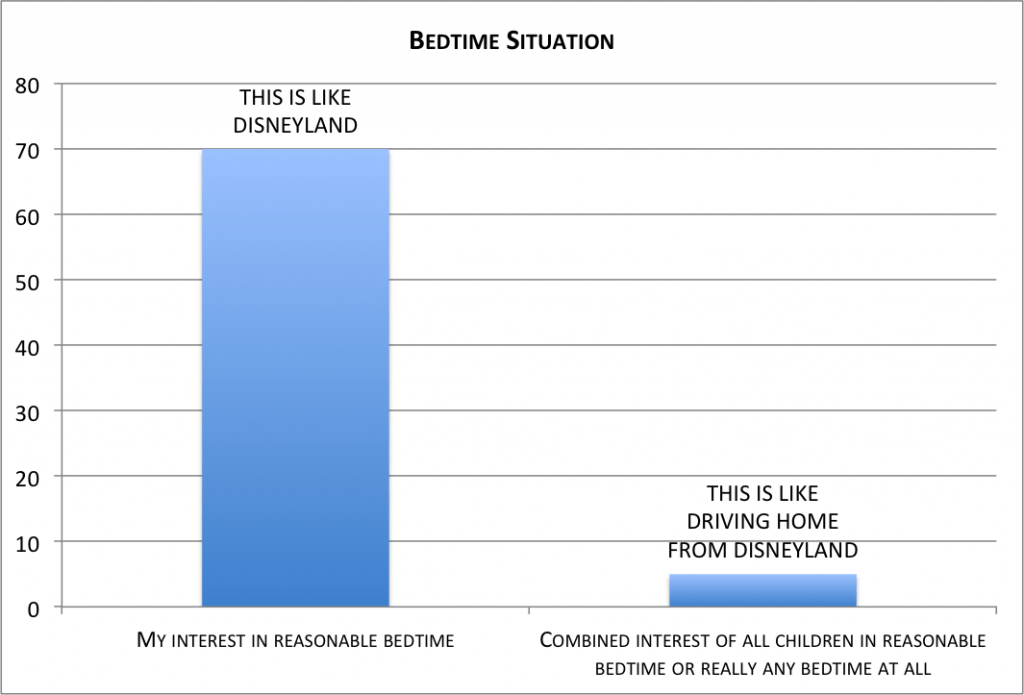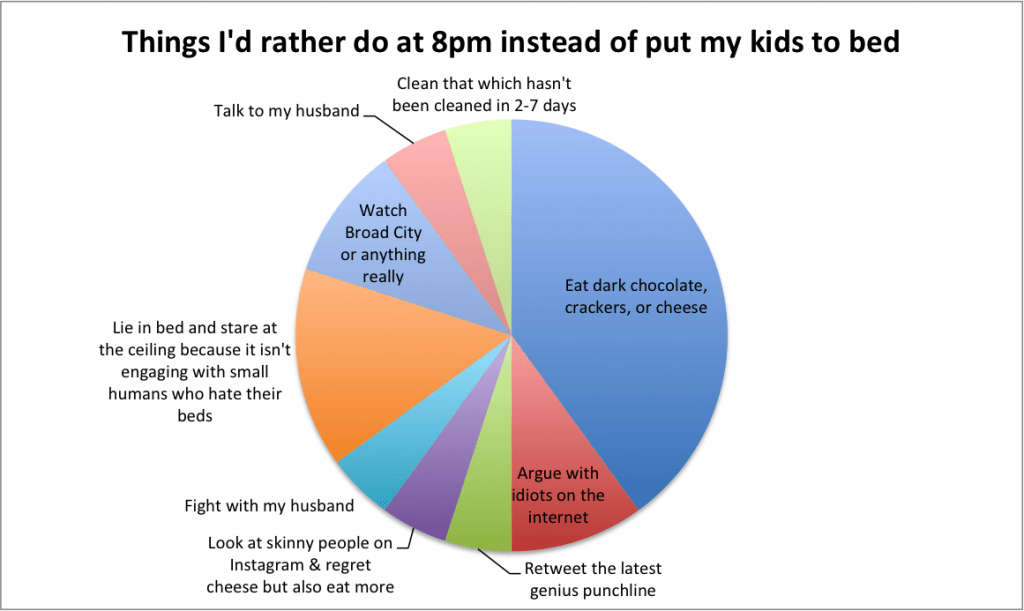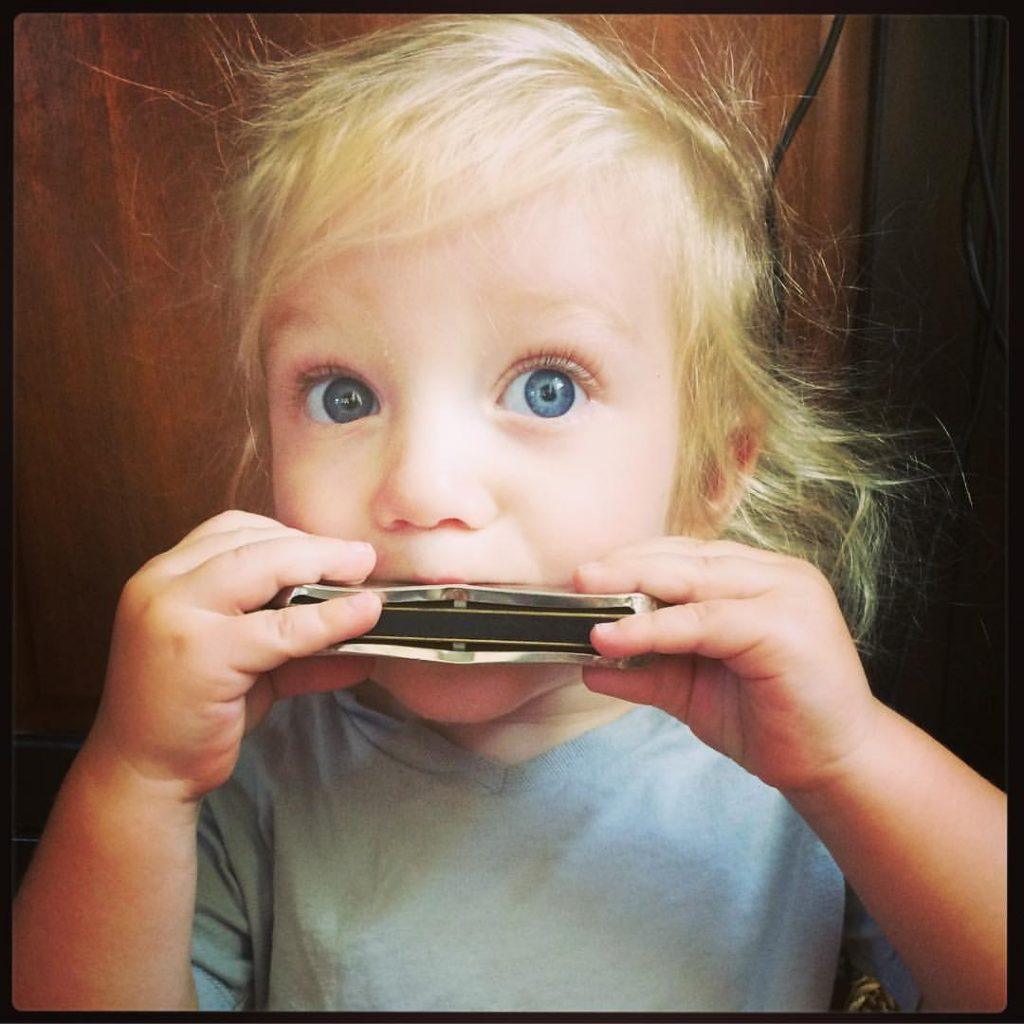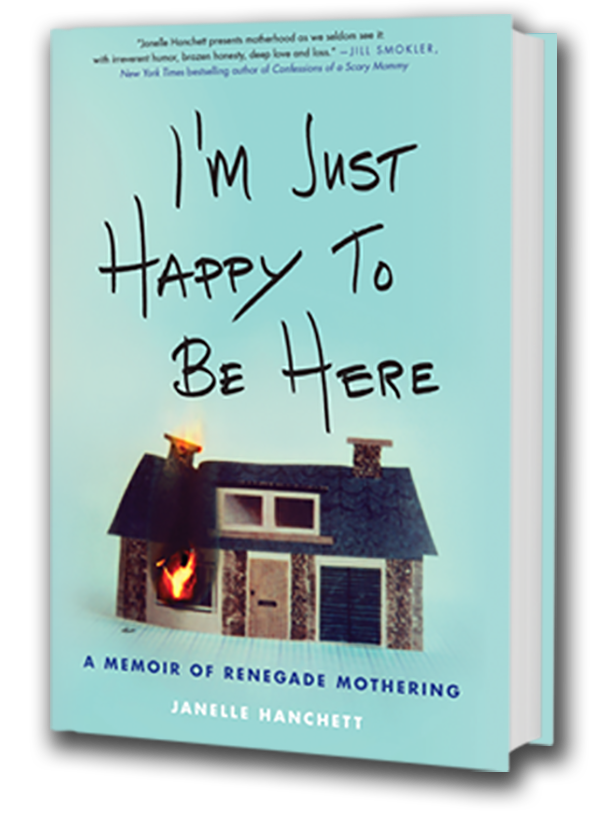Growing up, I understood that there were two groups of students: The smart ones and the dumb ones.
The ones who couldn’t sit still, who fidgeted, who “got in trouble a lot,” who got “bad” grades, who the teachers didn’t like – they were the dumb ones.
Maybe it was their fault. Maybe not. Who cares. All that mattered was they weren’t as good as the rest of us and somewhere, somehow, I knew school was made for me.
I felt a little sorry for them because their work was never on the walls and they never got picked for anything. Their position was locked forever in the barely shrouded “ability level” groups.
Call it “Group C” all you want, teacher. We know what it means.
I shook my head in irritation and sat back in sweet superiority.
They were the low kids.
I was with the high kids.
Basically, we could never mix. School was MY ZONE. They were interlopers.
Hey. Hi. I have one of the “low kids” now.
It’s hard to look at your son and know that some teachers will dismiss him as just another problem to be passed on to the next year and each new school year feels like teetering over the edge of a deep chasm waiting to see if we’ll fall, or, which teacher we will have.
It feels like a fucking lottery. (Thankfully, we won it this year.)
It’s hard to see your son in all his complexity reduced, once a year, to a pdf of psychological assessments and charts and tables, the far right column stacked with numbers correlating to the “low average” and “deficient” and “at risk” section of their bell curve, over and over again like a brick across your face even though the very first line states “high intelligence.”
My boy will be the one coloring on his notebook while the teacher is talking. He’ll be drawing a battle-axe on a tiny sliver of paper. He’ll be fidgeting with a loose screw on the desk leg.
He’ll be the slowest to read. He’ll be pulled out of the room. He’ll be on question #1 when the class is already done with the worksheet. He may be told to “hurry up.” He may have a pen ripped out of his hand. He may have an aide sit next to him and say, “You’re doing great. What can we do next?”
He’ll be tongue-tied in the front of the room. He’ll be struggling for the right word. In the timed spelling tests, he’ll get 1 out of 10.
And you may see him as the low kid. You may see him as the interloper. The trouble. The bother.
What if I told you he memorizes directions to cities we’ve been to once?
What if I told you he fixes our vacuum by scanning the damn thing and tells me how small engines at the fair work even though nobody has taught him about engines or vacuums or maps?
What if I told you he does math word problems in his head and what if I told you when he’s sitting there flicking the end of his pencil over and over again that HE IS ACTUALLY LISTENING, that is him listening, and if you ask him a question about what you just read he will tell you all about it and even more than that he’ll tell you what he knows about it because he’s curious.
What if I told you he’s curious, wise, and trying?
He wants to be with you. He wants to succeed. He wants to be a “high kid.” Fuck these categories. He wants in anyway. We all do. That’s how this system works, you know.
He wants to speak more clearly. He wants to talk as fast as you. He wants to get his thoughts out he wants to decode he wants to read at the level his brain is capable of comprehending
but mostly he wants to not be broken.
Shamed and punished.
For being dyslexic.
(But even that he can’t say. That is what I say, and fight for, and will accept nothing less than.)
What if told you he has a headache at the end of each school day and falls asleep by the time we are at the freeway exit because every hour my kid works at school feels like an entire day and he gets up every morning and does it anyway. Because he wants to have his work on the wall.
What if I asked you to remember that?
What if I asked you to remember that when you’re teaching or volunteering or speaking with your “high” kids or watching that kid who’s always behind, like an irritant, an intruder, a distraction from the “smart kids” who “want to learn.”
What if I asked you to rethink the whole scenario, all the “low kids.”
Because the main difference between my kid and yours is that SCHOOL IS NOT MADE FOR MINE.
(Possibly, it’s not made for either of them, but that’s another blog post.)
So here’s to the kids in the back. And their parents.
They’re higher than we know.
It’s up to us to rise.
And meet them.
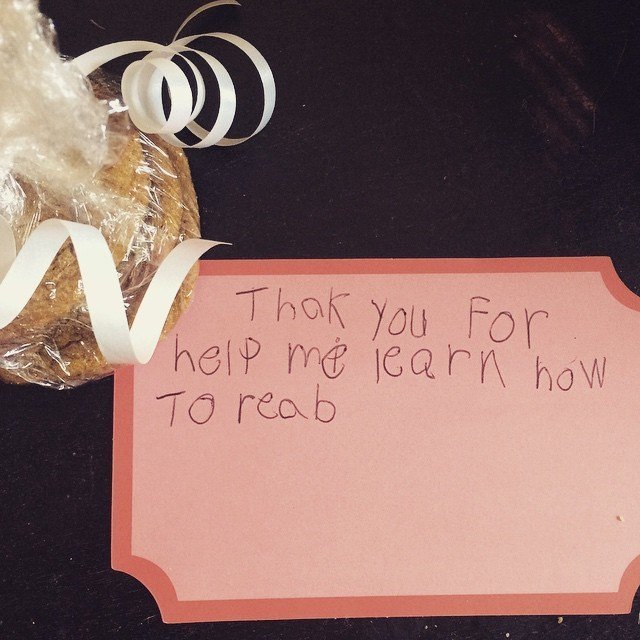
I share this photo often because it’s everything I’m trying to say in one image.
